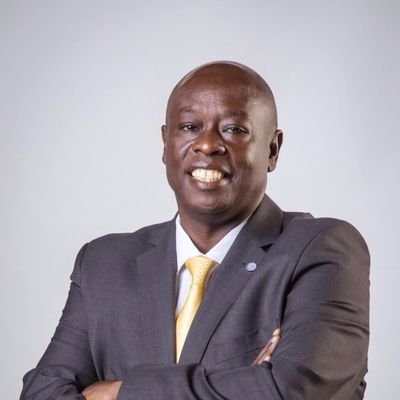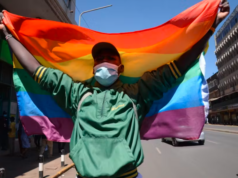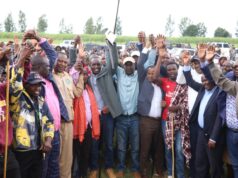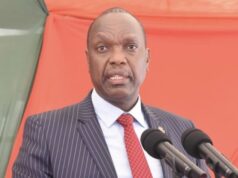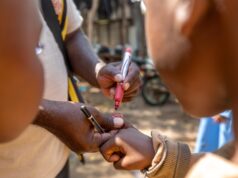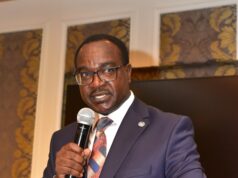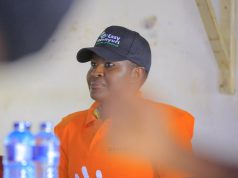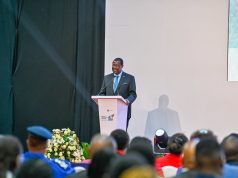Impeached Deputy President Rigathi Gachagua has made a sensational claim, stating that supporters of his ouster motion called the hospital where he was admitted to inquire if he was dead.
Speaking to journalists on Sunday after being discharged from Karen Hospital, Gachagua expressed his dismay at how some individuals had been celebrating his illness, while others were questioning whether he would survive or recover.
“They were celebrating. It is the most unfortunate thing that has ever happened to this country,” Gachagua remarked, visibly upset by the reaction from certain quarters.
Gachagua’s impeachment was confirmed by the Senate on Thursday, a decision that followed months of political and legal turmoil. Reflecting on the events that led to his downfall, Gachagua described the past year as being marked by relentless persecution and stress.
“For the last one year, it has been very difficult for me, but I have been very persevering,” he told reporters.
His impeachment trial took an unexpected turn when Gachagua failed to appear during the Thursday afternoon session, where he had been scheduled to testify. His legal team was initially unable to trace him, leading to concerns about his whereabouts.
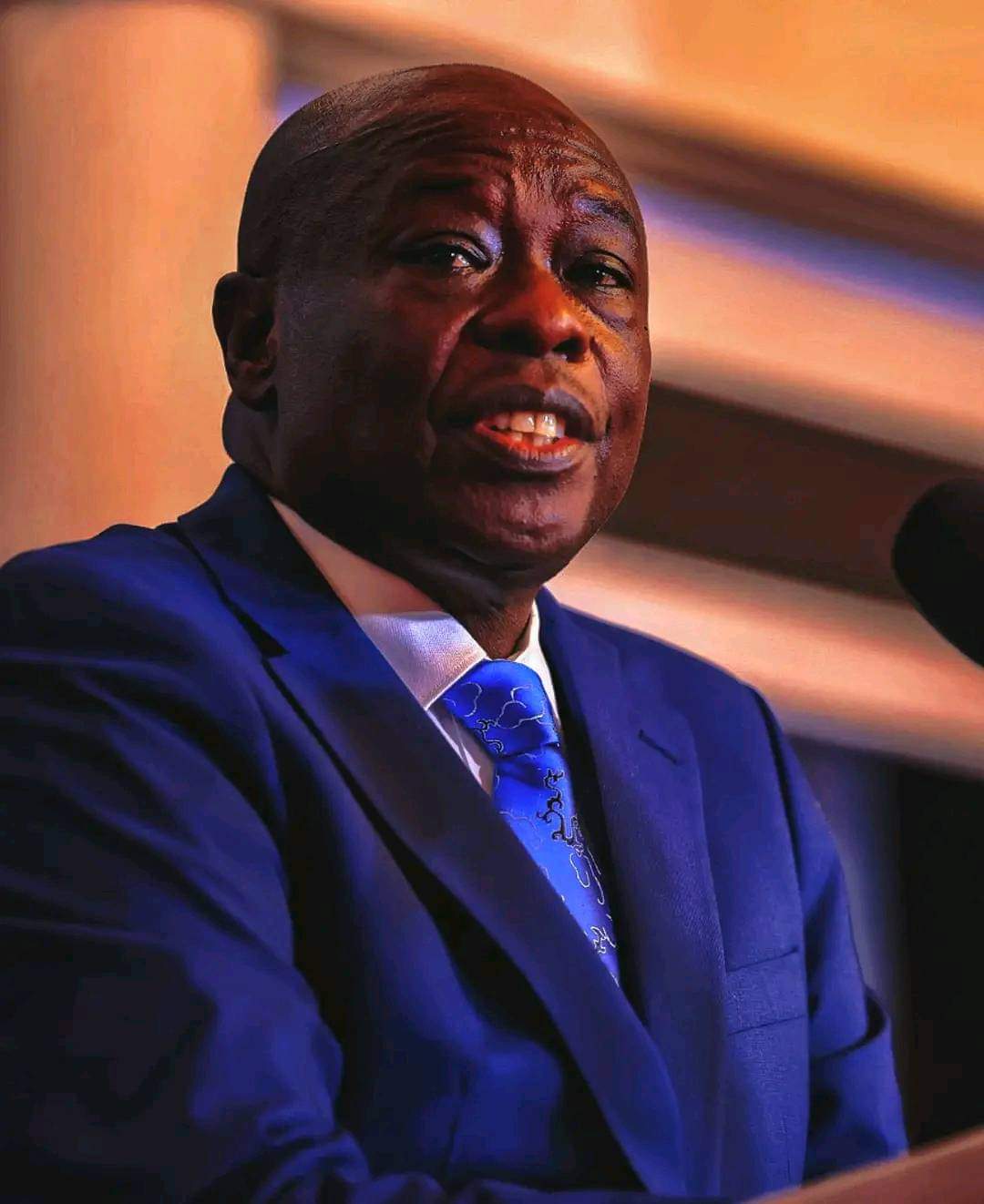
Eventually, they announced that the Deputy President had been taken ill and was receiving treatment for chest pains.
Gachagua’s lawyer, Paul Muite, informed the Senate that his client was suffering from severe chest pains, which had prevented him from attending the proceedings. Muite explained that he had not been able to speak directly with Gachagua, as doctors had advised against it due to his condition.
“I would like to inform honorable senators that I was able to contact doctors at Karen Hospital. There is a team of doctors who are looking after the Deputy President. Because of his condition, I was not able to talk to him directly,” Muite told the Senate.
He added, “I was, however, informed by his doctors that he is currently suffering from intense chest pains. I did not want to inquire beyond that.”
Muite’s statement came after Senate Speaker Amason Kingi adjourned the afternoon session, requesting Gachagua’s legal team to provide clarity on his absence. The Speaker had called for the proceedings to resume at 5 p.m., with expectations that the Deputy President would either appear or his legal team would offer a credible explanation for his no-show.
However, Senior Counsel James Orengo, representing the other side in the impeachment proceedings, questioned the legitimacy of Gachagua’s illness claim.
Orengo challenged the defense to present concrete evidence that the Deputy President was indeed admitted to the hospital and unfit to testify.
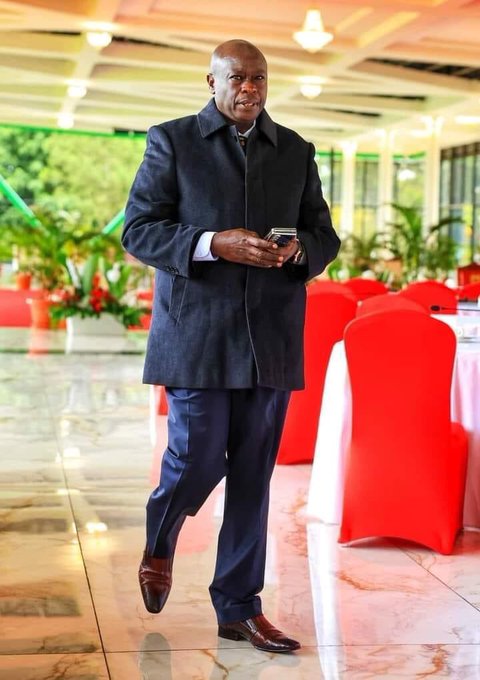
“For the DP to fail to bring evidence that he is admitted….We are just relying on what Muite is saying,” Orengo argued before the Senate. He added that one of Gachagua’s doctors should have been sent to the Senate to provide firsthand testimony about his medical condition.
Orengo pointed out that Gachagua had been present during the morning session of the trial, which raised further doubts about his sudden illness.
The Senate had spent months deliberating the charges against Gachagua, with accusations ranging from misconduct to undermining national unity through his political remarks. The impeachment process, which culminated in his removal, has been a deeply divisive and polarizing issue within the Kenyan political landscape.
Despite his health scare and the subsequent impeachment, Gachagua remains defiant. He insists that he has been the target of a calculated political campaign to remove him from office. His supporters argue that the entire process was politically motivated, aimed at silencing one of President William Ruto’s closest allies.
The impeachment of Gachagua has triggered intense debate across the country, with political analysts speculating about the future of Kenya’s political leadership. As the former Deputy President now faces the fallout from his removal, his health and political prospects remain in the spotlight. The upcoming days will likely see further developments as both sides continue to argue their positions in the public and legal arenas.

